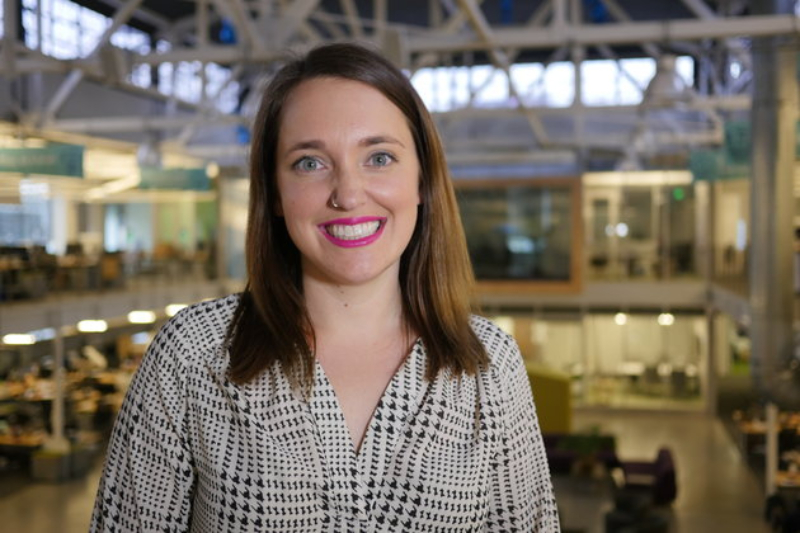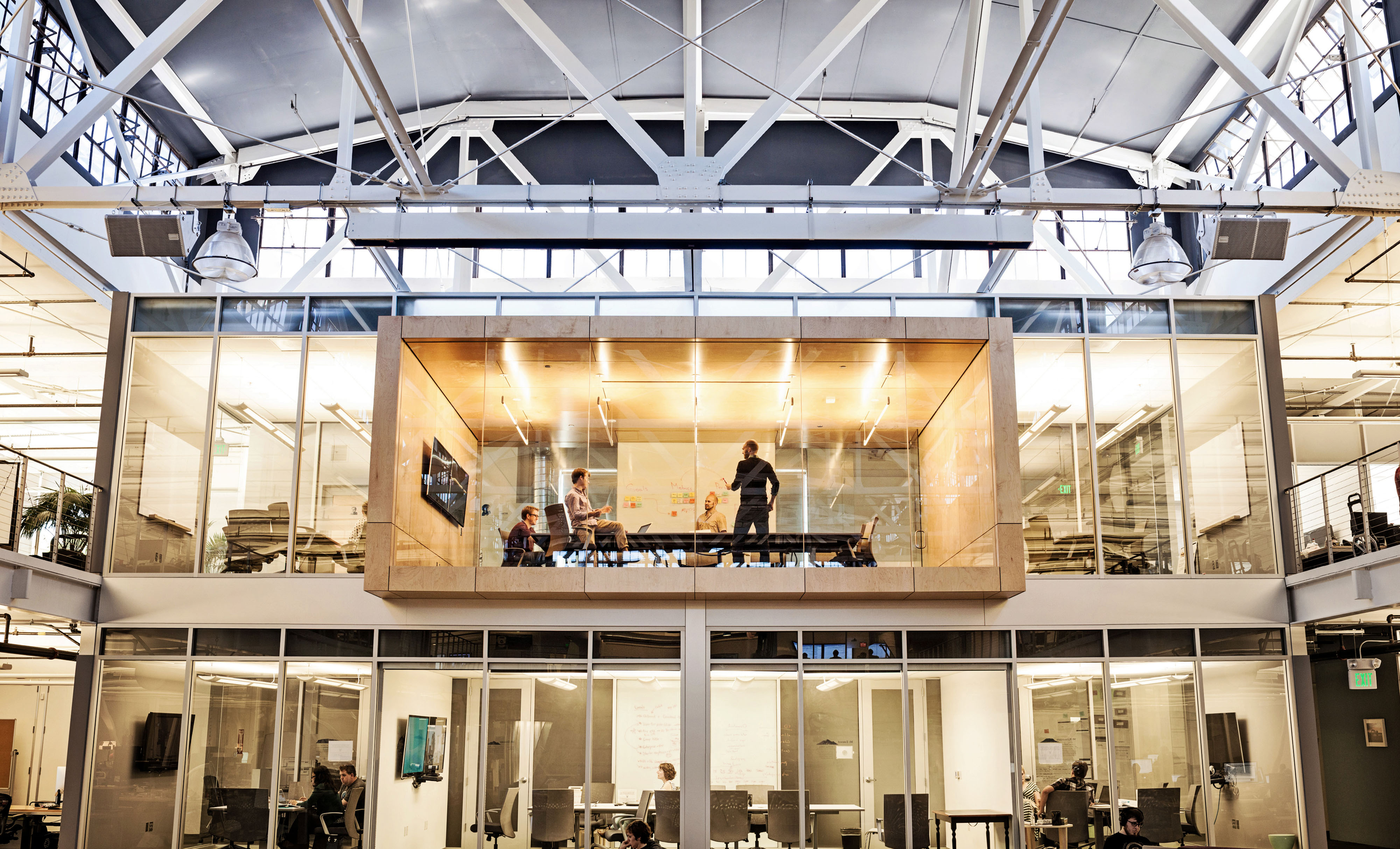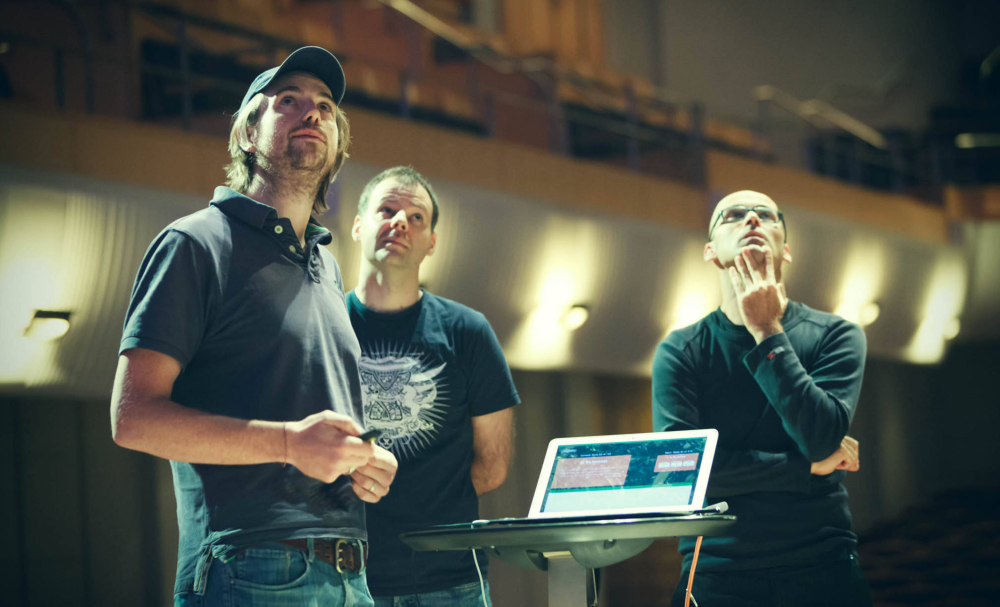Tech Giant Atlassian Champions ‘Belonging’ in the Workplace
Software giant Atlassian is going “beyond diversity”.
Instead it says it's focusing on something deeper, a fundamental need that we all have, creating a sense of belonging.
“We've always said that we want people to be able to do the best work of their lives at Atlassian, and we know that feeling like you belong is crucial in order to fulfil that,” Atlassian said in its 2018 State of Diversity Report.
Related: Atlassian Co-Founder Buys $100 Million Fairwater Mansion

Balance and belonging vs diversity
Atlassian's Diversity Report shows people associate the word “diversity” with underrepresented people, which it says is getting in the way of progress.
Research has shown diverse teams perform better, but Atlassian's global head of diversity and belonging Aubrey Blanche says this should be considered in a much wider context.
"Diversity starts at the team level... we must think more broadly than defining diversity in terms of gender and race.
“We know that the highest performing teams include people with diverse perspectives and ways of solving problems.
“We're moving away from the idea of 'diversity' in order to build balanced teams."
Related: Five Global Tech Hubs from Around the World

Blanche says it's not about how many people of a specific demographic are represented at the company level, the focus is on balancing perspectives across teams, at all levels of the organisation.
The report revealed women in leadership roles increased to 27.1 per cent this year, above average for women in senior management across all industries.
Atlassian also increased the proportion of women working in technical roles from 14 to 17 per cent, and increased its over-40 workforce from 19 to 22 per cent.
Among its US employees, where ethnic background is recorded, black and Latino men and women were underrepresented in every area.
“We also know that in order to help those people do their best work, they need to feel like they can be authentic at work and feel they belong on their team," Blanche said.
"We're building for a wide variety of customers, and thus, our teams need to reflect their perspectives as we create products and practices to address their needs. "
At Atlassian, we're playing the long game, valuing progress over perfection.

Authenticity on all levels
NASDAQ-listed Atlassian was founded by best friends Mike Cannon-Brookes and Scott Farquhar in 2002, and has since become Australia’s biggest tech success story.
Today they have thousands of employees and millions of people around the globe using their software. But despite the “success” Cannon-Brookes last year shared about his own personal experience dealing with imposter syndrome.
“Let me let you in on a secret, most days, I feel like a fraud,” Cannon-Brookes said in his Ted Talk last year.
“Like I don’t really know what I’m doing.”
“Have you ever felt way, way out of your depth and kind of guessed-slash-bullshitted your way through because there was no other way out? Petrified that at any moment you’ll be exposed for the fraud you are? Even though everyone around you (oddly enough) acts for all the world like you do indeed deserve to be there?
“That’s impostor syndrome,” Cannon-Brookes said.
Instead of allowing himself to become paralysed this feeling, Cannon-Brookes said he tries to use it to his advantage, “motivated by my fear of generally looking like an idiot”.
“The most successful people I know don’t question themselves but they do regularly question their ideas and their knowledge.
"They know when the water is way too deep, and they’re not afraid to ask for advice. They don’t see that as a bad thing…and they use that advice to hone those ideas, to improve them and to learn.”














